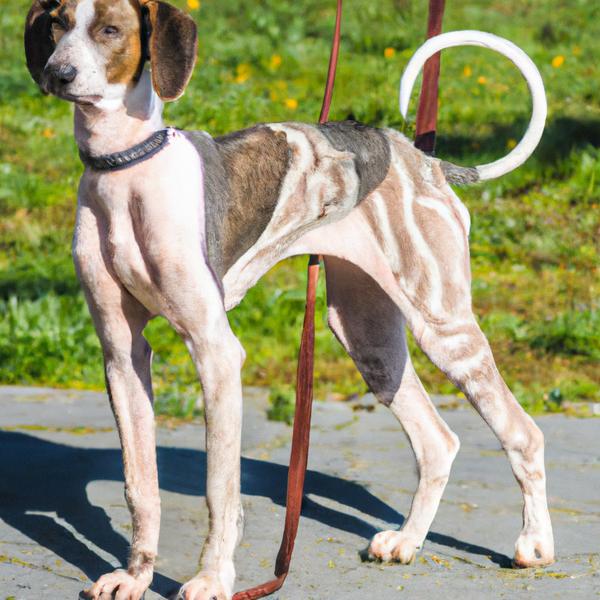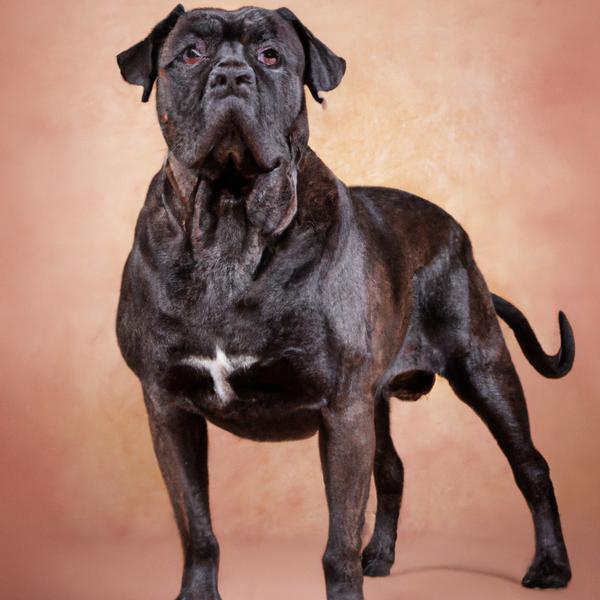Italian Papihound vs. Cane Corso: Breed Differences and Similarities
Hypoallergenic
Are Italian Papihounds or Cane Corsos hypoallergenic, or neither?
Unfortunately, neither Italian Papihound nor Cane Corso are hypoallergenic, which may not make them the best choice for dog lovers who suffer from pet allergies.
Temperament
What are the personalities of Italian Papihound and Cane Corso dogs?
Happy
Agile
Energetic
Alert
Intelligent
Friendly
Affectionate
Companionable
Athletic
Mischievous
Cheerful
Loyal
Social
Courageous
Quiet
Shedding Level
Do Italian Papihounds shed more than Cane Corsos, or which breed sheds more, Italian Papihounds or Cane Corsos?
Italian Papihounds shed very little hair, making them a great choice for those who dislike excess hair in the house.
Cane Corsos are moderate shedders, but regular brushing can reduce shedding and maintain coat health.
Watchdog Ability
Which dog breed makes a better watchdog, the Italian Papihound or Cane Corso?
Avoid Italian Papihounds as watchdogs - they're not effective.
Choose a Cane Corso if you want a top-notch watchdog. This breed takes guarding seriously, and may not require much training, though obedience or guard dog training can improve their skills.
Origin
What is the origin of Italian Papihound and Cane Corso dog breeds?
United States
Italy
Ancestry
What are the origins of Italian Papihound and Cane Corso breeds?
Papillon and Italian Greyhound
roman molassian
Breed recognition
Which kennel clubs recognize/register Italian Papihound and Cane Corso?
ACHC = American Canine Hybrid Club
DRA = Dog Registry of America, Inc.
IDCR = International Designer Canine Registry®
American Canine Registry
American Kennel Club
America's Pet Registry
Dog Registry of America Inc.
Federation Cynologique Internationale
North American Purebred Registry, Inc.
American Canine Association, Inc.
National Kennel Club
Date of Birth
When were Italian Papihound and Cane Corso breeds first developed?
Unknown
unknown
Eye Color Possibilites
What are the eye colors of Italian Papihound and Cane Corso dogs?
Brown
Brown
Nose Color Possibilites
What are the natural nose colors of Italian Papihound and Cane Corso?
Black
Black
Brown
Coat Color Possibilites
What are the natural colors of the coat for Italian Papihound and Cane Corso breeds?
Gray
Red
Fawn
Blue
Black
White
Cream
Black
Gray
Red
Fawn
Coat Length
What is the typical coat length for Italian Papihound and Cane Corso breeds?
Italian Papihounds have medium-length coats.
Cane Corsos have coats that can be either short or medium in length.
Coat Density
What is the density of the coat of Italian Papihound and Cane Corso?
Coat Texture
What is the hair texture of Italian Papihound and Cane Corso?
Straight
Litter Size
What is the usual litter size for Italian Papihound and Cane Corso?
An Italian Papihound can have a litter of 2-4 puppies on average. However, it's worth noting that the size of the litters can vary greatly. Factors that can influence litter size include the health of the mother, breeding history, and genetics.
A Cane Corso can have a litter of 10-11 puppies on average. However, it's worth noting that the size of the litters can vary greatly. Factors that can influence litter size include the health of the mother, breeding history, and genetics.
Adaptability
Italian Papihounds are highly adaptable and versatile, making them excellent companions for families and individuals of all lifestyles.
Cane Corsos may have difficulty adjusting to changes in lifestyle and living environments, preferring consistency.
Health Issues
Between Italian Papihound and Cane Corso, which breed is more prone to health problems?
While the Italian Papihound breed is generally healthy, occasional vet check-ups are still necessary to address any health concerns.
Cane Corsos typically have low vet costs due to their good health, but it's important to monitor their health and seek vet care when necessary.
Major Concerns
What are the major health concerns for Italian Papihound and Cane Corso breeds?
Patellar Luxation
Epilepsy
Progressive Retinal Atrophy (PRA)
Bloat
Minor Concerns
What minor health issues should be kept in mind when owning Italian Papihound and Cane Corso?
None Known
Bone And Joint Problems
Occasional Tests
What occasional tests are recommended for Italian Papihound and Cane Corso breeds?
X-Rays
Eye Examination
Physical Examination
Electrocardiogram
Elbow
Hips
X-Rays
Physical Examination
Energy
How do the energy levels of Italian Papihounds and Cane Corsos compare?
Italian Papihounds are suitable for those with a balanced lifestyle as they have an average energy level.
Cane Corsos' high energy levels make them unsuitable for a low-key dog, choose accordingly.
Social Needs
Italian Papihound vs Cane Corso social needs comparison
Italian Papihound and Cane Corso have above average social needs compared to other breeds. They thrive in environments where they have a lot of interaction with humans and other dogs.
Exercise Needed
Italian Papihound vs Cane Corso exercise need comparison.
Italian Papihounds need only a small amount of physical activity, ideal for busy or elderly people or those with limited space.
Cane Corsos need moderate physical activity and are great for families and active individuals.
Sleeping Need
Which of the two sleeps the most/least: Italian Papihound or Cane Corso?
Italian Papihound and Cane Corso dogs tend to sleep less than some other breeds, but it's still important for them to get adequate sleep in order to maintain good health.
Tendency to Bark
Do Italian Papihounds or Cane Corsos bark more/less frequently?
Italian Papihound dogs are generally less vocal than other breeds and only bark when necessary, such as to alert their owner or communicate.
Cane Corsos are typically quiet and only bark when needed, such as to alert their owner or when in distress.
Mouthiness
Mouthiness Comparison: Italian Papihound vs Cane Corso?
Roaming urge
Italian Papihound vs Labrador: Running away tendency?
Prey Drive
Italian Papihound or Cane Corso - which breed has a higher level of prey drive?
Activity Level
Which breed has higher energy, Italian Papihounds or Cane Corsos?
Both Italian Papihound and Cane Corso are medium-energy dogs that enjoy socializing and playing with other dogs. They may engage in casual or sustained games of chase, and occasionally have bursts of barking or racing around the house.
Tolerance of being left alone
Walks per Week
How many miles should Italian Papihound or Cane Corso walk each week?
There's really no limit to how far you walk your dog as long as they're comfortable. For Italian Papihound, it's at least 9 miles / week. Just remember to build distance and stamina gradually over time.
There's really no limit to how far you walk your dog as long as they're comfortable. For Cane Corso, it's at least 10 miles / week. Just remember to build distance and stamina gradually over time.
Activity per Day
Do Italian Papihounds or Cane Corsos require more exercise?
In general most Italian Papihounds usually need at least 45 minutes of exercise daily. This can be spread across the day and include all sorts of high-energy activities, like walking, running and playing.
In general most Cane Corsos usually need at least 60 minutes of exercise daily. This can be spread across the day and include all sorts of high-energy activities, like walking, running and playing.
Grooming
Which breed is easier to maintain in terms of grooming, Italian Papihounds or Cane Corsos?
The Italian Papihound has low grooming needs and is easy to maintain.
The Cane Corso is a low-maintenance breed that doesn't require much grooming.
Brushing Frequency
What is the recommended brushing frequency for Italian Papihound and Cane Corso dogs?
Italian Papihound should be brushed at least once a week. Of course you can give them more frequent brushes if you find that they are still shedding a lot
In general Cane Corso should be brushed at least once a month. Of course you can give them more frequent brushes, especially if they enjoyed it
Brushing Tools
What brushing tools are used for Italian Papihounds and Cane Corsos?
Pin Brush
Comb
Nail Clipper
Slicker Brush
Nail Clipper
Cups
How much food should be given to Italian Papihound or Cane Corso in cups?
For an average 8-10 pound (4 - 5 kg) Italian Papihound feed 1 cups daily. But, keep in mind, the amount you feed is going to be dependent on the quality of the food you are feeding.
For an average 99-110 pound (45 - 50 kg) Cane Corso feed 3 cups daily. But, keep in mind, the amount you feed is going to be dependent on the quality of the food you are feeding.
Daily Cost
Which breed has a higher daily cost, Italian Papihound or Cane Corso?
The average cost of an Italian Papihound is somewhere $1.00 - $1.40 per day.
The average cost of a Cane Corso is somewhere $2.10 - $2.70 per day.
Monthly Cost
Which breed has a higher monthly cost, Italian Papihound or Cane Corso?
The average per month expenses of an Italian Papihound is between $35 - $42. This makes an average of $420 - $504 per year. It will be on the higher side when the dog is still small because it will need more frequent visits to the vet, shots.
The average per month expenses of a Cane Corso is between $55 - $73. This makes an average of $660 - $876 per year. It will be on the higher side when the dog is still small because it will need more frequent visits to the vet, shots.
Intelligence
Comparing Intelligence: Italian Papihounds vs Cane Corsos
Italian Papihound is a very intelligent and trainable breed.
Cane Corsos are average in obedience intelligence but have a high IQ and may cause trouble if left unsupervised.
Sensitivity Level
How do Italian Papihound and Cane Corso compare in sensitivity?
This breed is sensitive and requires gentle handling and a calm home environment.
Cane Corsos have average emotions and adapt well to different situations.
Affection Dependance
Which is the more affectionate dog breed: Italian Papihound vs Cane Corso?
Apartment Friendly
Which breed is more apartment-friendly: Italian Papihound or Cane Corso?
Italian Papihounds are good apartment dogs as long as they get enough exercise and stimulation outside of the apartment.
Cane Corsos can do well in apartments with enough exercise and time outside, but a small yard would be ideal.
Child Friendly
Do Italian Papihounds or Cane Corsos have a friendlier temperament towards children?
Italian Papihound and Cane Corso are average friendly dogs towards children.
Senior-friendly
Which dog is more suitable as a pet for the elderly - Italian Papihound or Cane Corso?
Cat Friendly
Do Italian Papihound or Cane Corso breeds have a better compatibility with cats?
Italian Papihounds are good with cats, but early training is needed to prevent chasing behavior.
Cane Corsos are not cat friendly.
Dog Friendly
Which breed is more sociable with other dogs: Italian Papihound or Cane Corso?
{Italian Papihounds and Cane Corsos are average friendly towards other dogs. If they are raised with other dogs, they are likely to get along with them. And, if they are socialized properly from a young age, they will usually be great with other dogs.
Pet friendly
How do Italian Papihound or Cane Corso dogs interact with other pets?
Stranger Friendly
Which breed is more friendly with strangers: Italian Papihound or Cane Corso?
Italian Papihounds are friendly but may bark at strangers, and training is easy due to their intelligence.
Cane Corsos are not very stranger friendly.
Playfulness
Which breed is more playful between Italian Papihound and Cane Corso?
Italian Papihounds are a playful breed that needs daily playtime to be happy.
Cane Corsos have an average level of playfulness, enjoying playtime like most dogs but not excessively so.
Trainability
How do the trainability levels of Italian Papihounds and Cane Corsos compare?
Italian Papihound and Cane Corso dogs are known for their ease of training and ability to learn quickly, making them a popular choice for pet owners and trainers alike.
Compare Italian Papihound with other breeds
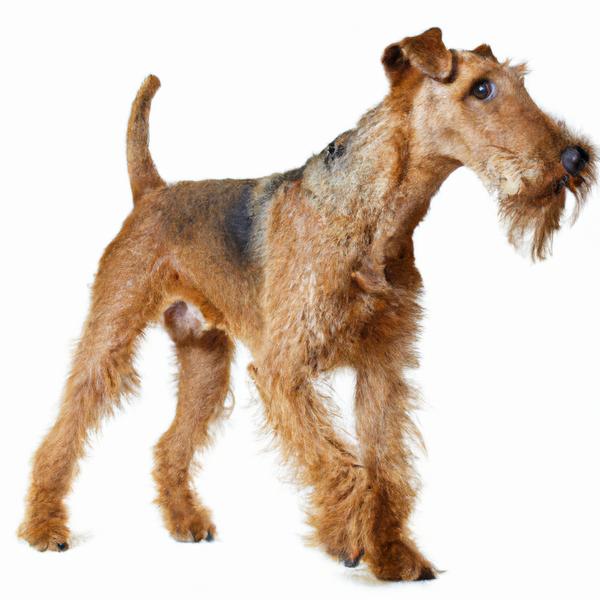
Irish Terrier
Italian Papihound vs Irish Terrier
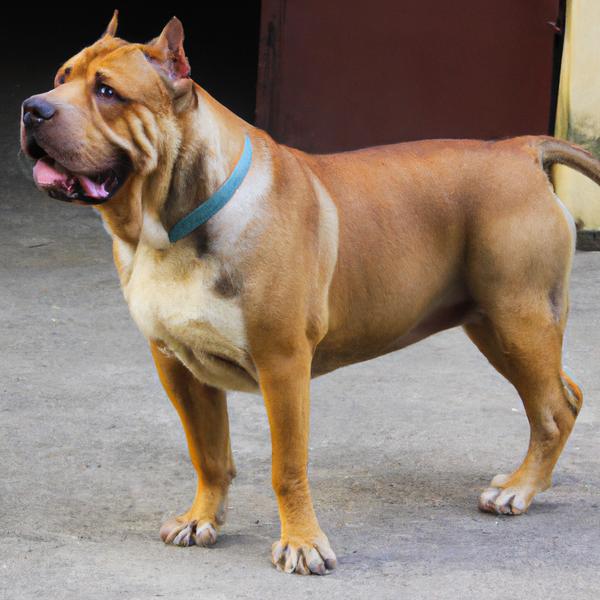
Masti-Bull
Italian Papihound vs Masti-Bull
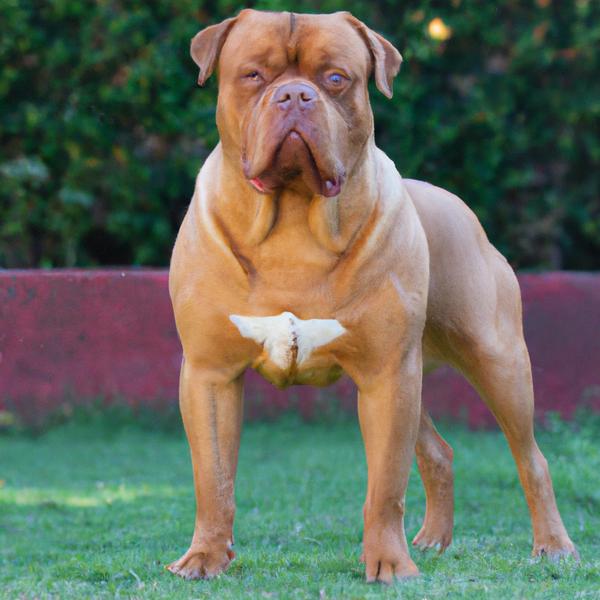
Bully Bordeaux
Italian Papihound vs Bully Bordeaux
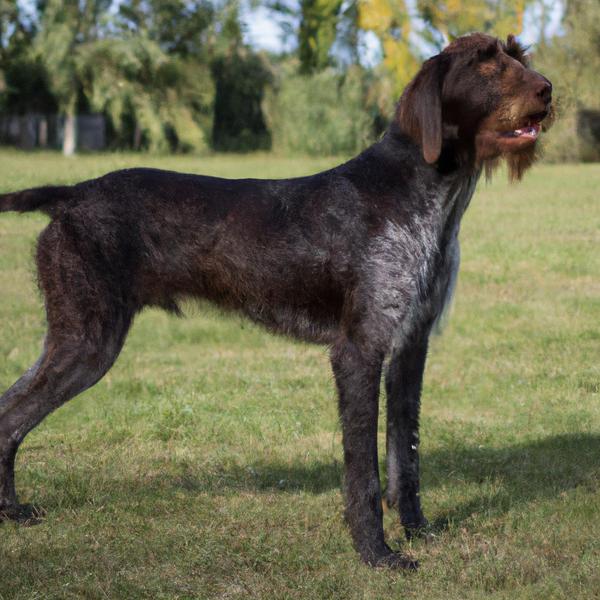
German Wirehaired Pointer
Italian Papihound vs German Wirehaired Pointer

Antebellum Bulldog
Italian Papihound vs Antebellum Bulldog
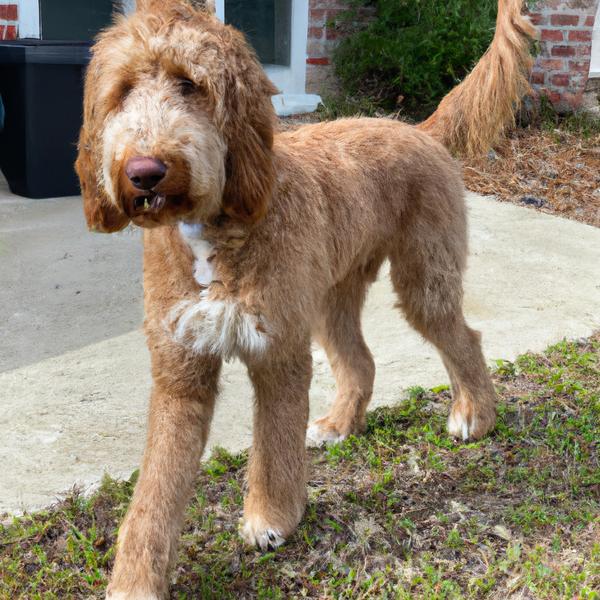
Redbone Coonoodle
Italian Papihound vs Redbone Coonoodle
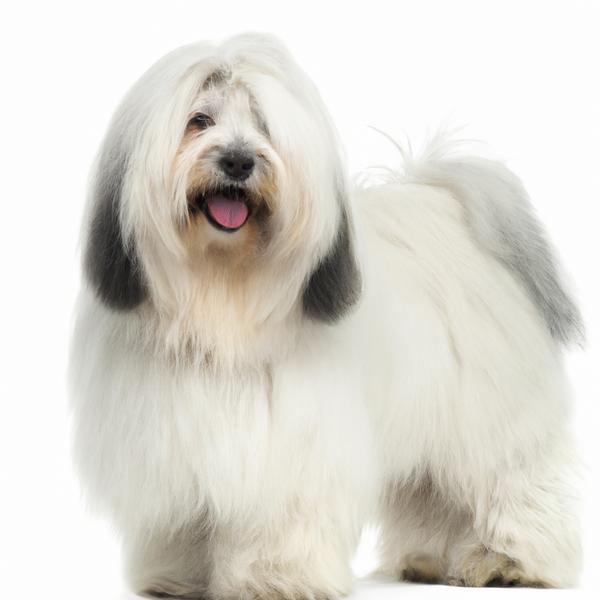
Havashire
Italian Papihound vs Havashire
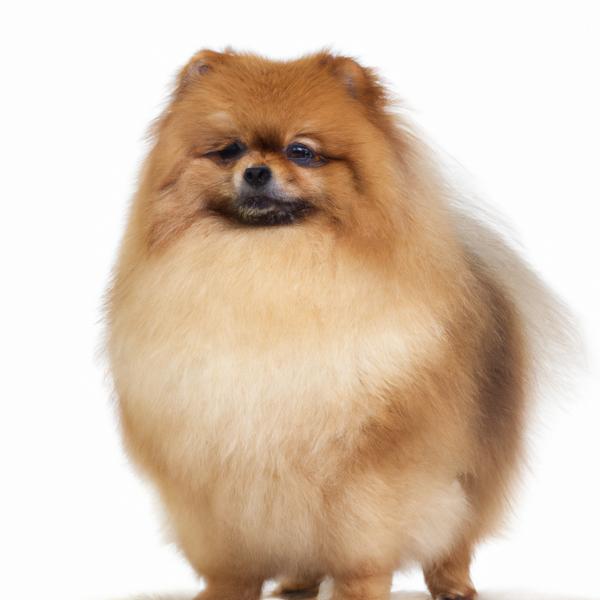
Pom-Silk
Italian Papihound vs Pom-Silk
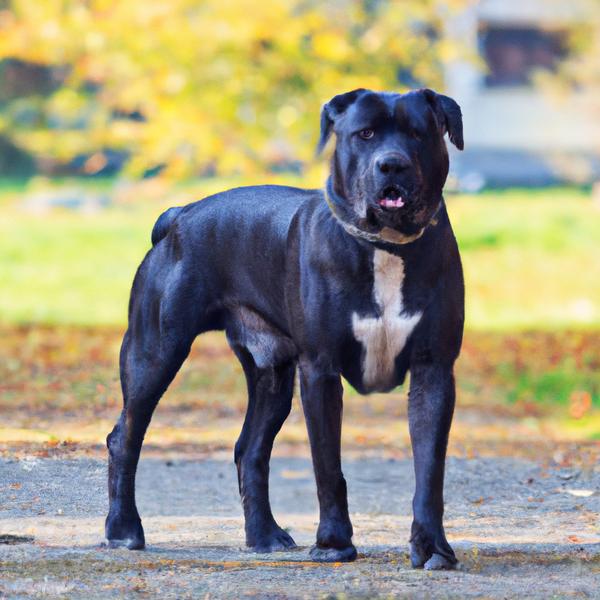
Bullmasador
Italian Papihound vs Bullmasador
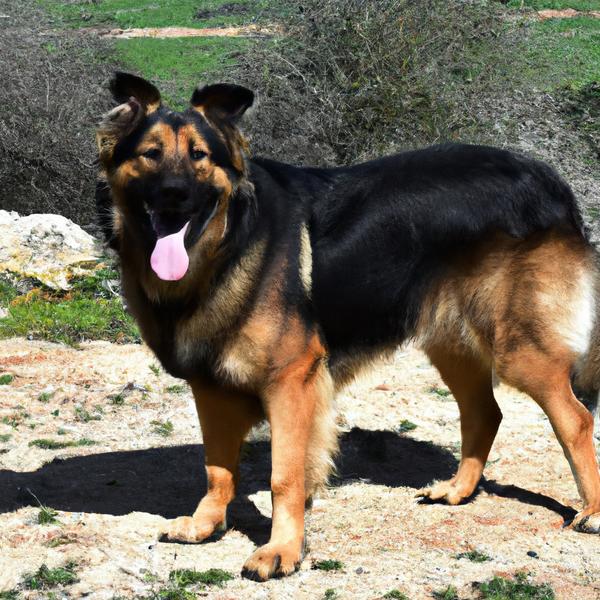
Saint Shepherd
Italian Papihound vs Saint Shepherd
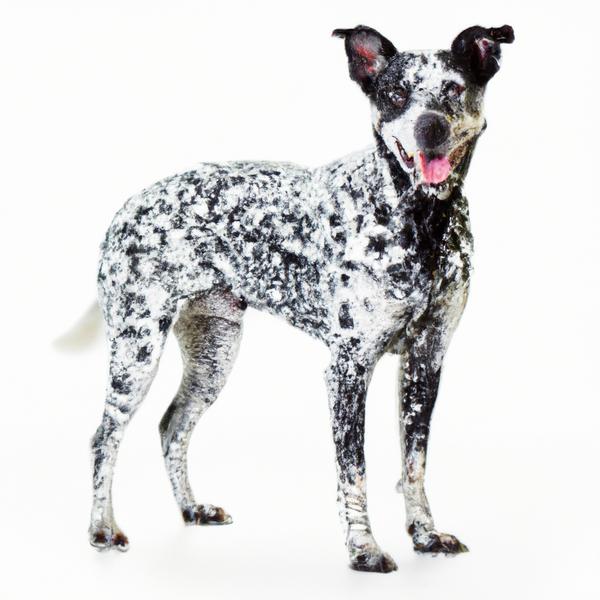
Dalmatian Heeler
Italian Papihound vs Dalmatian Heeler
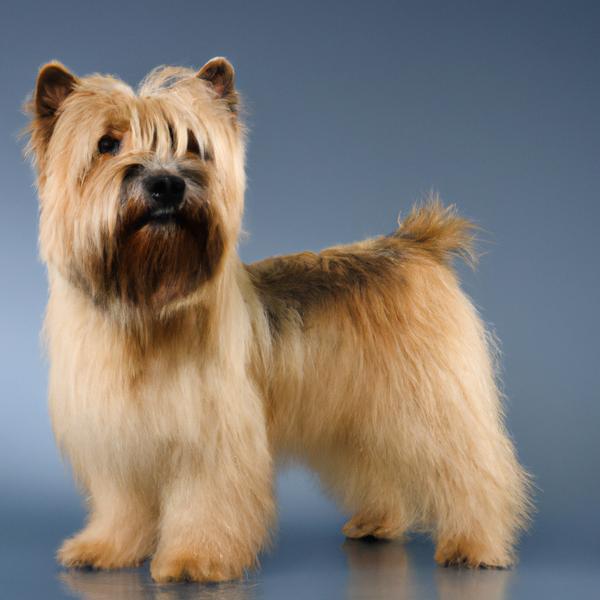
Silkland Terrier
Italian Papihound vs Silkland Terrier
